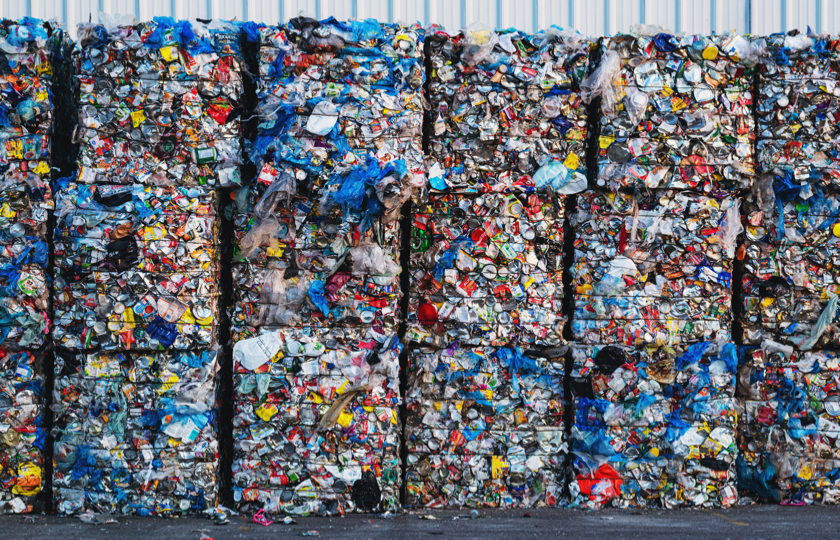US scientists have made a plastics upcycling breakthrough they say could have the same impact on reducing greenhouse gas emissions as taking 3 million cars off the road.
Scientists from the University of Illinois Urbana-Champaign, University of California, Santa Barbara, and Dow have developed an upcycling process that can transform the most widely produced plastic polyethylene (PE), to polypropylene (PP). The breakthrough is said to potentially reduce greenhouse gas emissions (GHG).
“The world needs more and better options for extracting the energy and molecular value from its waste plastics,” said Susannah Scott, co-lead author and professor of Sustainable Catalytic Processing at UC Santa Barbara.
The researchers explained that PP consumes the least energy during production and produces the lowest CO2 emissions compared to other plastics. Its lower density also means that switching to PP reduces the amount of plastic waste.
“By turning polyethylene into propylene, which can then be used to make a new polymer, is how we start to build a circular economy for plastics,” added Scott.
The researchers have built a reactor that creates a continuous flow of propylene that can be converted into PP using current technology – making the project scalable and rapidly implementable.
“Our preliminary analysis suggests that if just 20 per cent of the world’s PE could be recovered and converted via this route, it could represent a potential savings of GHG emissions comparable to taking 3 million cars off the road,” said Garrett Strong, co-author of the study.
The goal is to cut each very long PE molecule many times to obtain many small pieces, which are the propylene molecules.
“Think of cutting a baguette in half, and then cutting precisely-sized pieces off the end of each half — where the speed at which you cut controls the size of each slice,” explained Damien Guironnet, co-lead author and a professor of chemical and biomolecular engineering at Illinois



